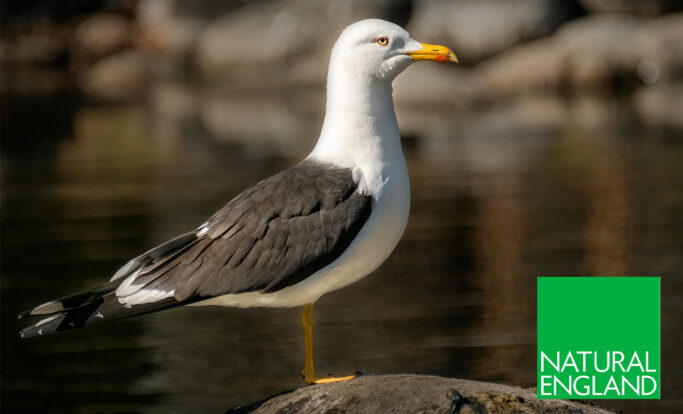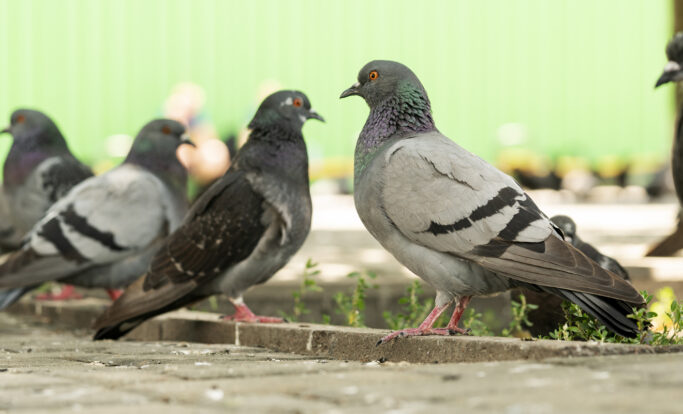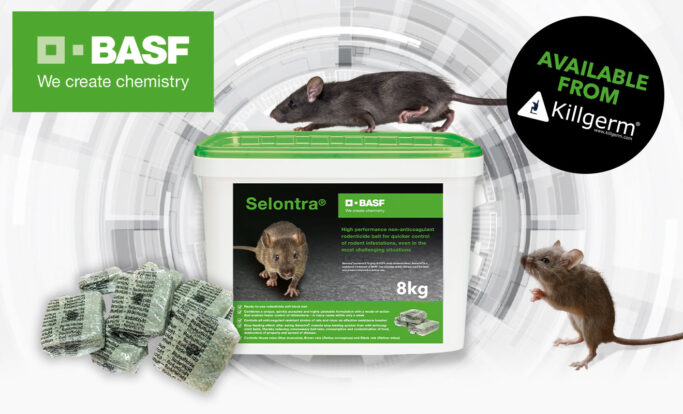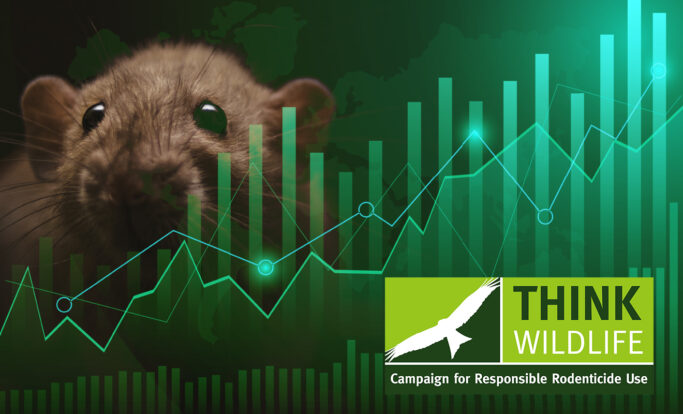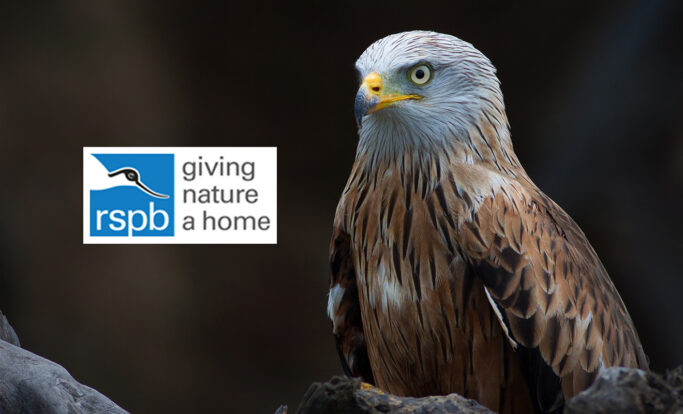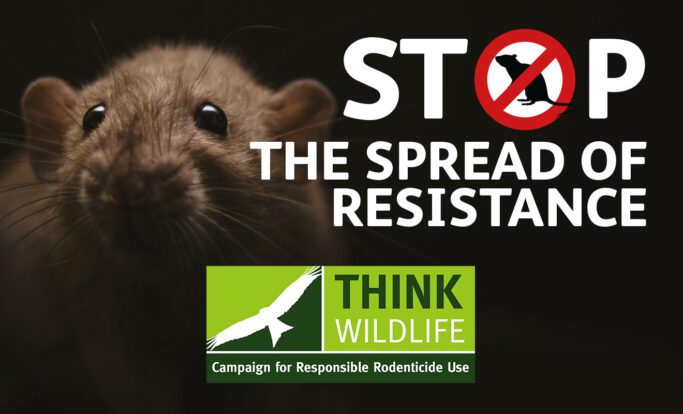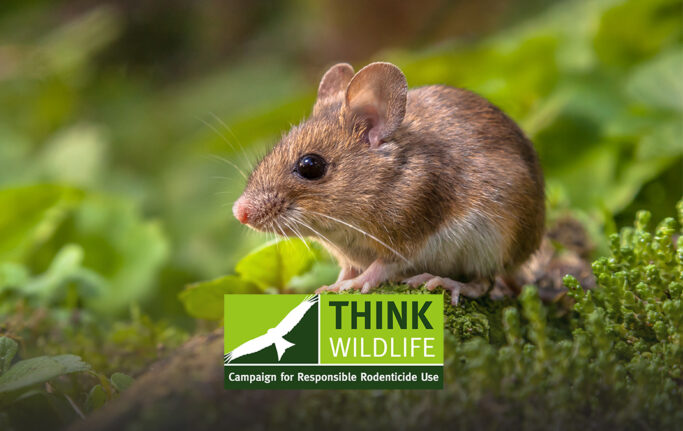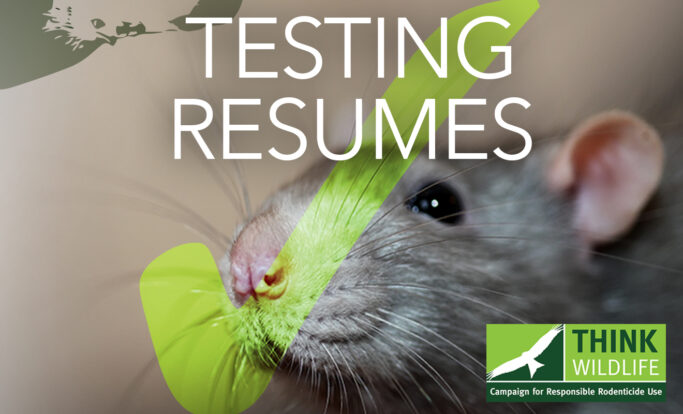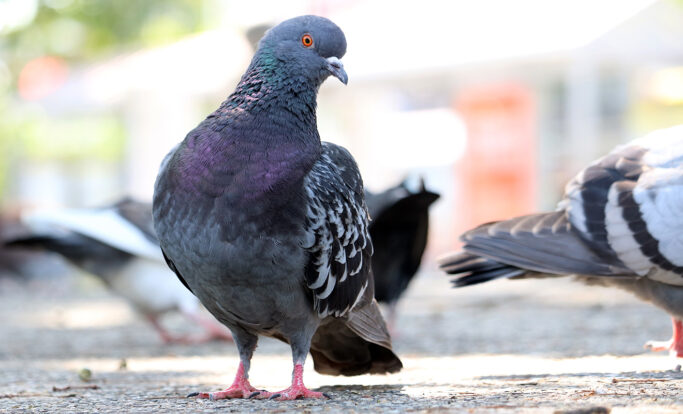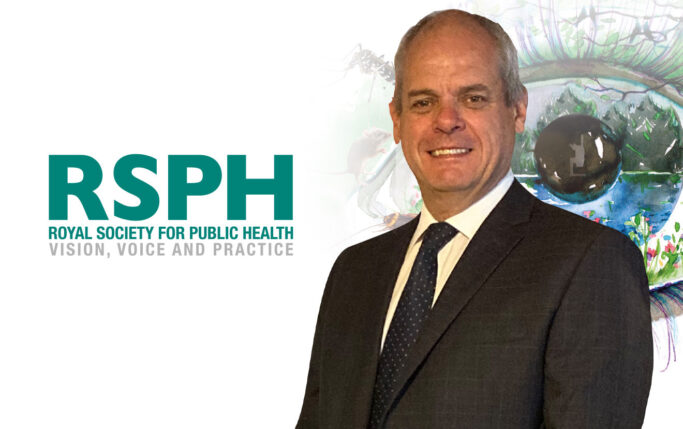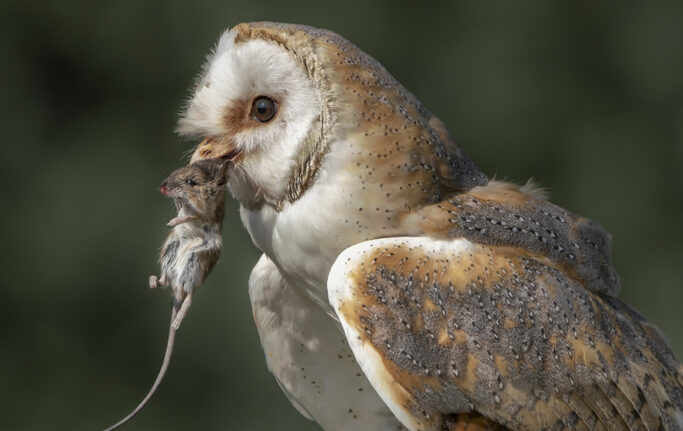Bayer to Divest Environmental Science Professional Business and Further Strengthen Leadership Team of Crop Science Division
Bayer to Divest Environmental Science Professional Business and Further Strengthen Leadership Team of Crop Science Division Monheim, February 24, 2021 – Bayer today announced a series of decisions to accelerate the strategy implementation of its Crop Science division. In order to focus on its core agricultural business, this includes the intent to divest the company’s…

